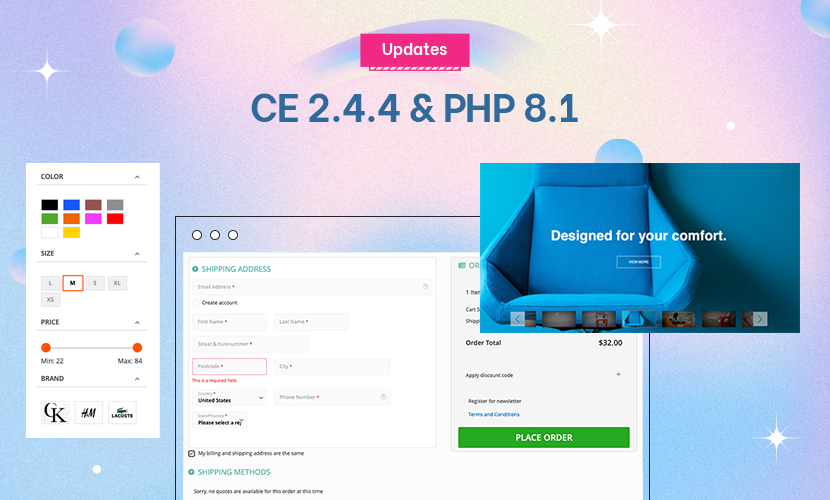- It ensures the software quality as validation that the delivered software meets specifications, functions efficiently, and with correctness.
- Prevents Bugs During Development: An early detection and fixing of the defects reduces time and effort versus the later period of deployment bug fixing.
- Optimizes End User Satisfaction: Quality software guarantees reliability, good usability, and no bugs means a better quality experience for an end user.
- It helps reduce the expensive failure which might bring damage to reputation and disrupt business operations.
- Verifies Functionality: Testing guarantees that the software is working in all possible scenarios as required by the business’s goals.
- Reduces Security Threats: It ensures a software system with no vulnerabilities so that it won’t be targeted by potential data breaches or other malicious activities.
- Optimizes Performance: Testing is used in load conditions so that the performed software results show their absolute performance.
- Ensures Compatibility: Testing ensures compatibility across different devices, platforms, and environments.
- Supports Regulatory Compliance: It ensures the software adheres to legal and industry standards.
- Facilitates Continuous Improvement: Regular testing supports iterative development and continuous delivery of updates.
Know more- Software Testing Training in Pune

